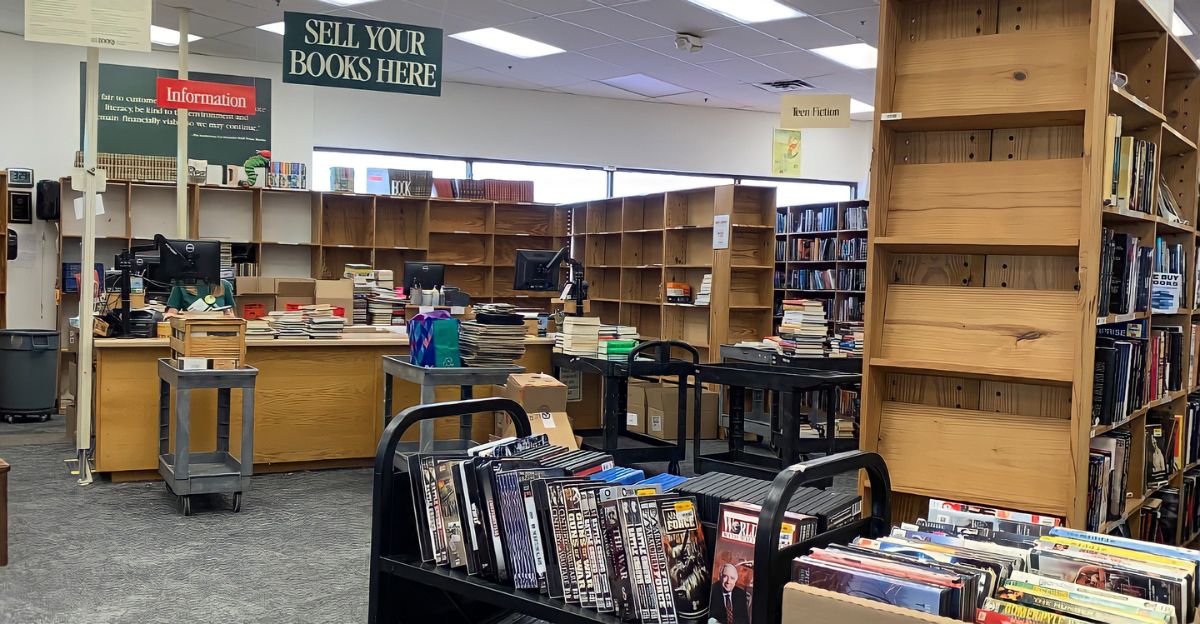
After serving Berkeley readers for two decades, Half Price Books is closing its doors on November 30, 2025. The closure comes after failed lease negotiations with the landlord, according to SFGate.
Located in the historic Kress Building at 2036 Shattuck Avenue, the store had been a staple since 2005. The 1933 Art Deco building once housed the S.H. Kress & Co. department store. A petition launched by community members gained hundreds of signatures, showing strong support. With other local bookstores closing recently, including Books Inc. in February, this loss marks a serious setback for Berkeley’s literary community.
This Store Meant More Than Just Books
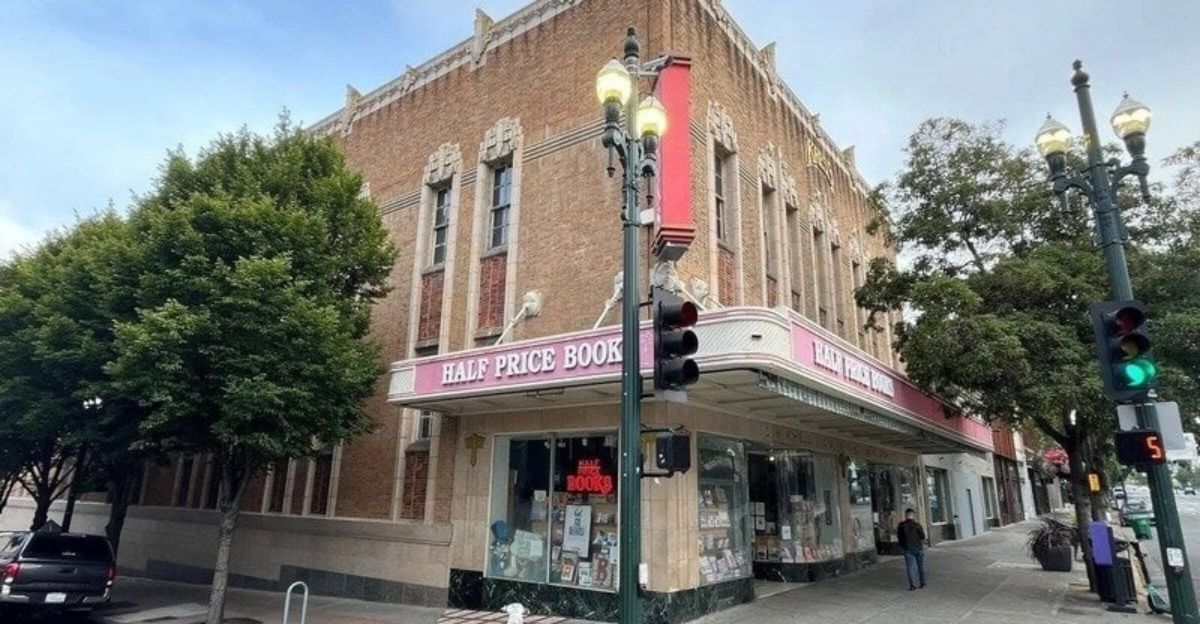
Half Price Books was downtown Berkeley’s literary hub, not just another store. It filled 8,000 square feet in the landmark Kress Building, designed by Edward F. Sibbert in 1933. According to the Berkeley Daily Planet, the store held over 100,000 titles and attracted crowds thanks to its prime location near BART. People came to sell books, browse vinyl, comics, and games.
The historic building, once a five-and-dime store, added charm. Local worker Samuel Lam summed it up: “You just can’t browse the same way online.” Together, the architecture and variety created a one-of-a-kind space for readers and neighbors alike.
How a Dallas Laundromat Became a National Book Chain
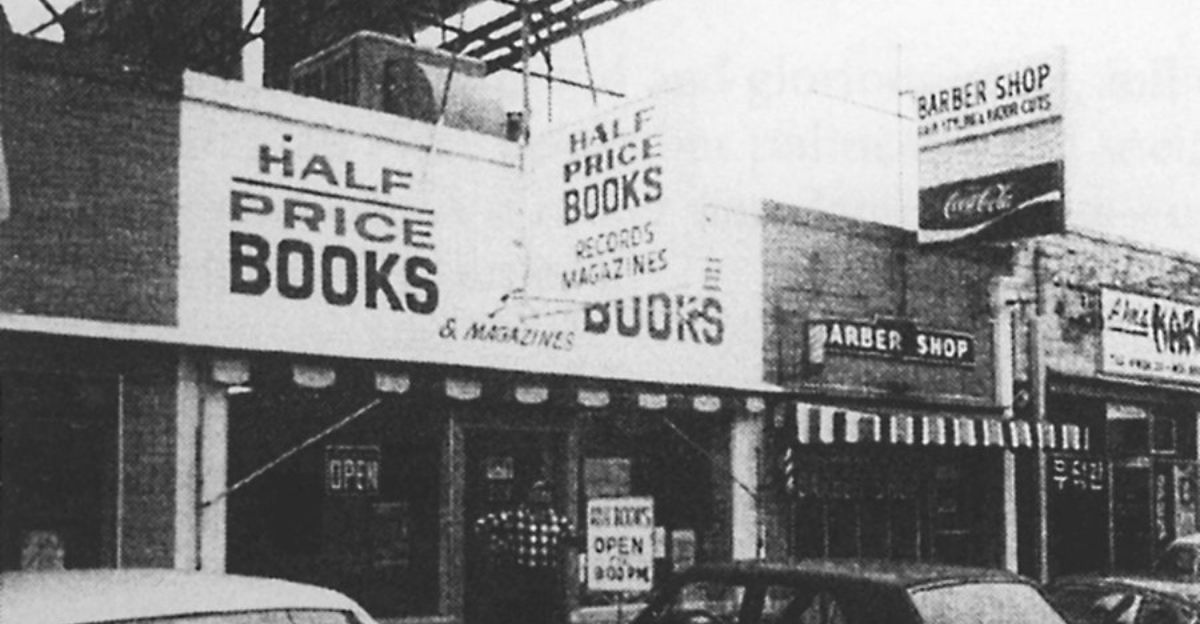
Half Price Books began in a Dallas laundromat on July 27, 1972, when founders Ken Gjemre and Pat Anderson opened the first store with 2,000 books and $140. Their mission: make books affordable and reduce waste. The company’s motto promised to buy and sell “anything printed or recorded (except yesterday’s newspaper).”
According to Publishers Weekly, the chain now runs about 120 stores across 19 states. The business remained family-owned, with Pat Anderson’s daughter, Sharon Anderson Wright, becoming CEO in 1995. The Berkeley store opened in 2005 after relocating from Solano Avenue, marking a major step into the Bay Area.
What Really Caused the Store to Close

The Berkeley store closed because of rising commercial real estate costs, not because it failed. Spokesperson Emily Bruce told SFGate, “We have been unable to come to a lease agreement with our landlord.” The closure happened despite strong community support and steady foot traffic. Berkeley’s downtown commercial vacancy rate hit 10.9% in 2024, pointing to wider problems in the area’s retail market.
Local operating costs are pushing out many independent shops. The company offered all 13 employees severance or transfers to other stores. This case shows how rent increases can shut down successful, community-backed businesses across the region.
You Never Knew What You’d Find Here

Half Price Books Berkeley gave customers a unique place to explore. The 8,000-square-foot store held over 100,000 items, including vinyl, comics, and out-of-print books. According to Berkeleyside, the store also buys used items, keeping books in circulation and out of landfills. UC Berkeley grad student Roshni Singh said, “I am very upset.”
With new items coming in daily, customers often found surprising treasures on the shelves. This ever-changing inventory created a discovery experience that online stores can’t match. The shop supported local sellers and encouraged book reuse, giving it both cultural and environmental value in the community.
The Community’s Response Was Loud and Clear

Berkeley residents acted quickly when the closure was announced. UC Berkeley’s Roshni Singh expressed disappointment, and Samuel Lam stressed that online shopping can’t replace in-person browsing. A Change.org petition gathered hundreds of signatures.
According to Berkeleyside, supporters called the store a “beloved community institution” that helped downtown survive difficult times, including the pandemic. Social media posts shared stories of friendships and comfort found there. The strong response showed that Half Price Books was more than a store. It was a place where people connected, browsed freely, and shared a love of learning in a setting built for discovery.
The Chain Isn’t Going Anywhere—But Berkeley Is Hurting
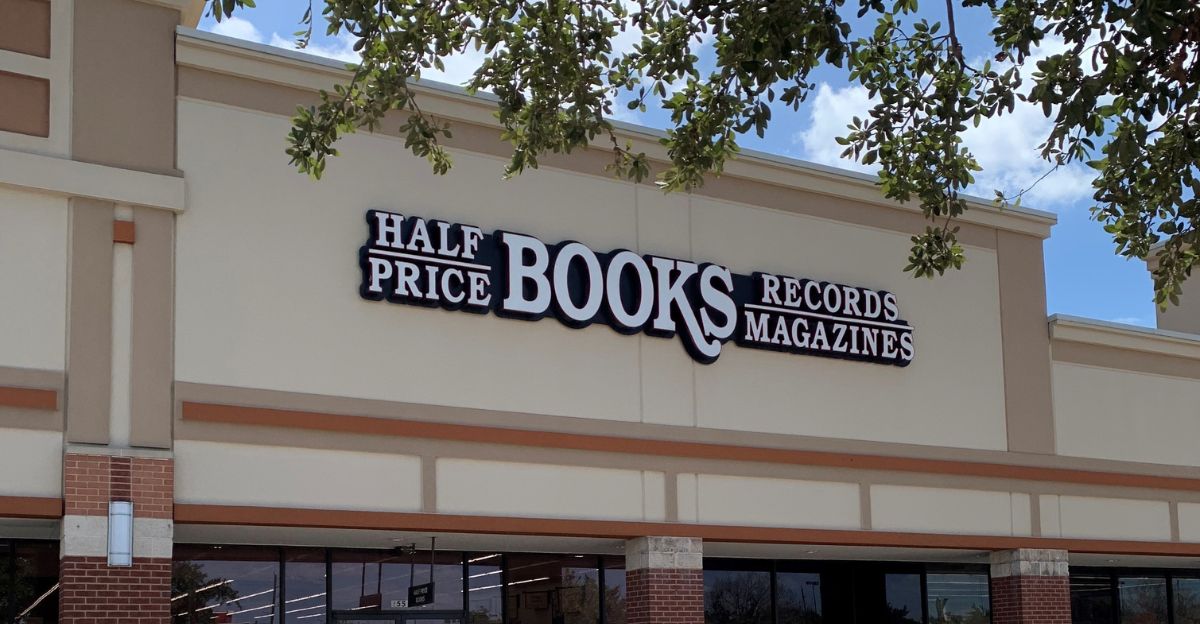
Half Price Books remains financially strong and is growing in other cities. The chain runs about 120 stores across 19 states, with recent openings in Boise and Nashville. Annual revenue estimates range from $255 million to over $500 million, proving the model still works. The Berkeley closure wasn’t about company struggles, it was a local real estate issue.
The 13 employees were offered severance or jobs in nearby stores like Concord, Dublin, and Fremont. Still, for Berkeley, the closure hurts. It’s a clear example of how even thriving, much-loved businesses can disappear when commercial rents become too high to manage.
Physical Bookstores Are Struggling Everywhere

The Berkeley closure fits into a national trend. According to UK market data, 41 chain bookstores closed and only 15 opened in early 2024, a net loss of 26 stores. Amazon holds roughly 67% of digital book sales and over 50% of all new book sales in the U.S., putting pressure on small retailers.
Rising rents, less foot traffic, and changing shopping habits also play a role. Still, some areas are seeing hope. Bookstore visits spiked during the 2024 holiday season, with bookstores topping retail categories in spending growth. People still value in-person browsing, but it’s getting harder to sustain.
What Happens Next for Staff and the Building?
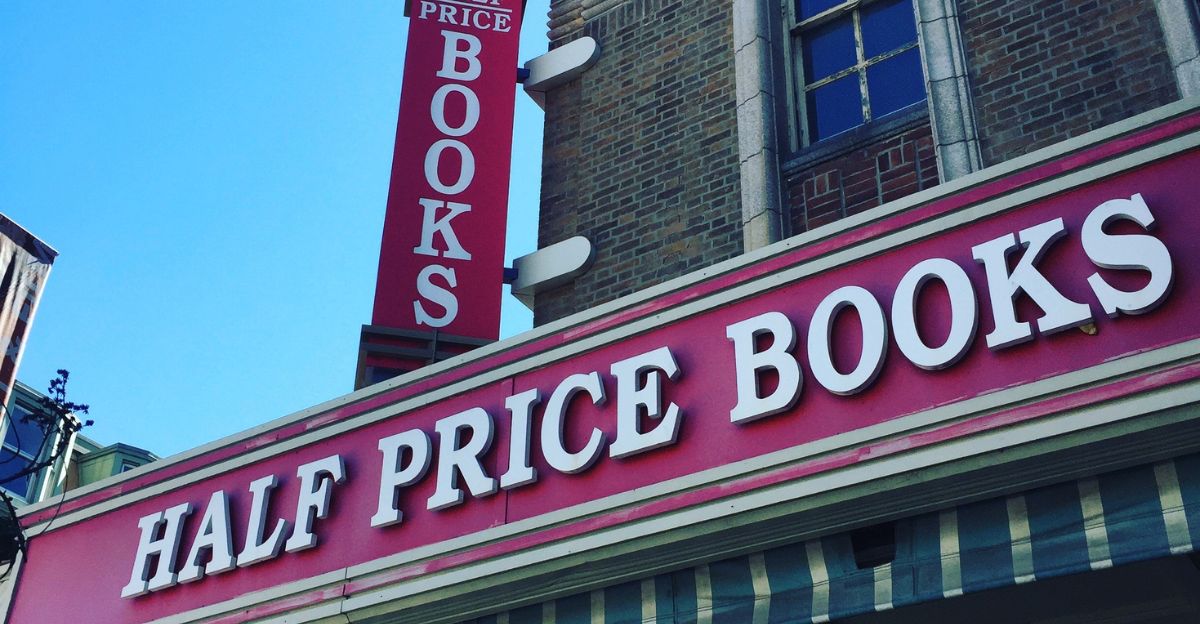
The store’s 13 employees face tough decisions. Shelf Awareness reports that some were offered transfers, but not all can relocate. The Kress Building’s future is also uncertain. Built in 1933 and marked as a Berkeley landmark in 1981, any exterior changes need city approval. Downtown’s commercial vacancy rate of 10.9% in 2024 reflects larger struggles.
Locals worry the space could remain empty or go to a chain store that won’t meet the community’s needs. The closure could reduce foot traffic, which hurts nearby small businesses. Half Price Books didn’t just serve readers, it helped keep downtown Berkeley active and vibrant.
One Store’s End Could Be a Wake-Up Call

This closure shows how rising rent threatens beloved community spots, even when they’re doing well. Berkeley, known for books and progressive culture, lost a 20-year favorite to forces beyond public control. While bookstore sales are growing in some places, local gems like this can’t survive without affordable space.
According to Publishers Weekly, the problem isn’t demand, it’s commercial real estate that values profit over community. Cities across the country face the same issue. If we don’t protect spaces like this, more will disappear. The loss of Half Price Books is a warning about what’s at risk when business meets high rent.
